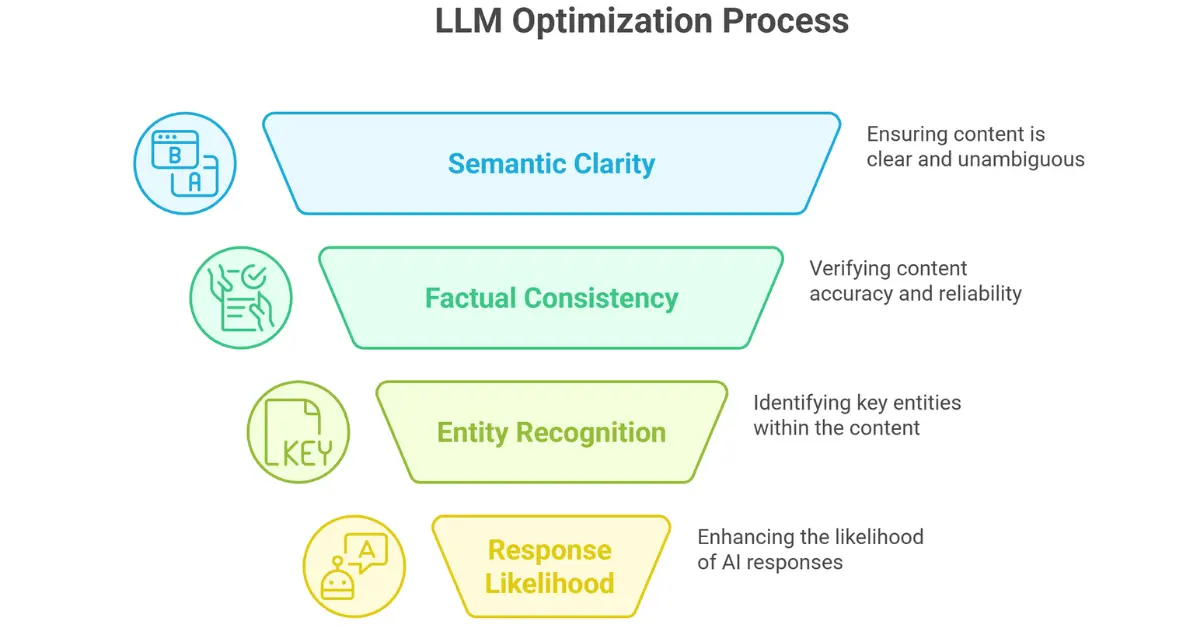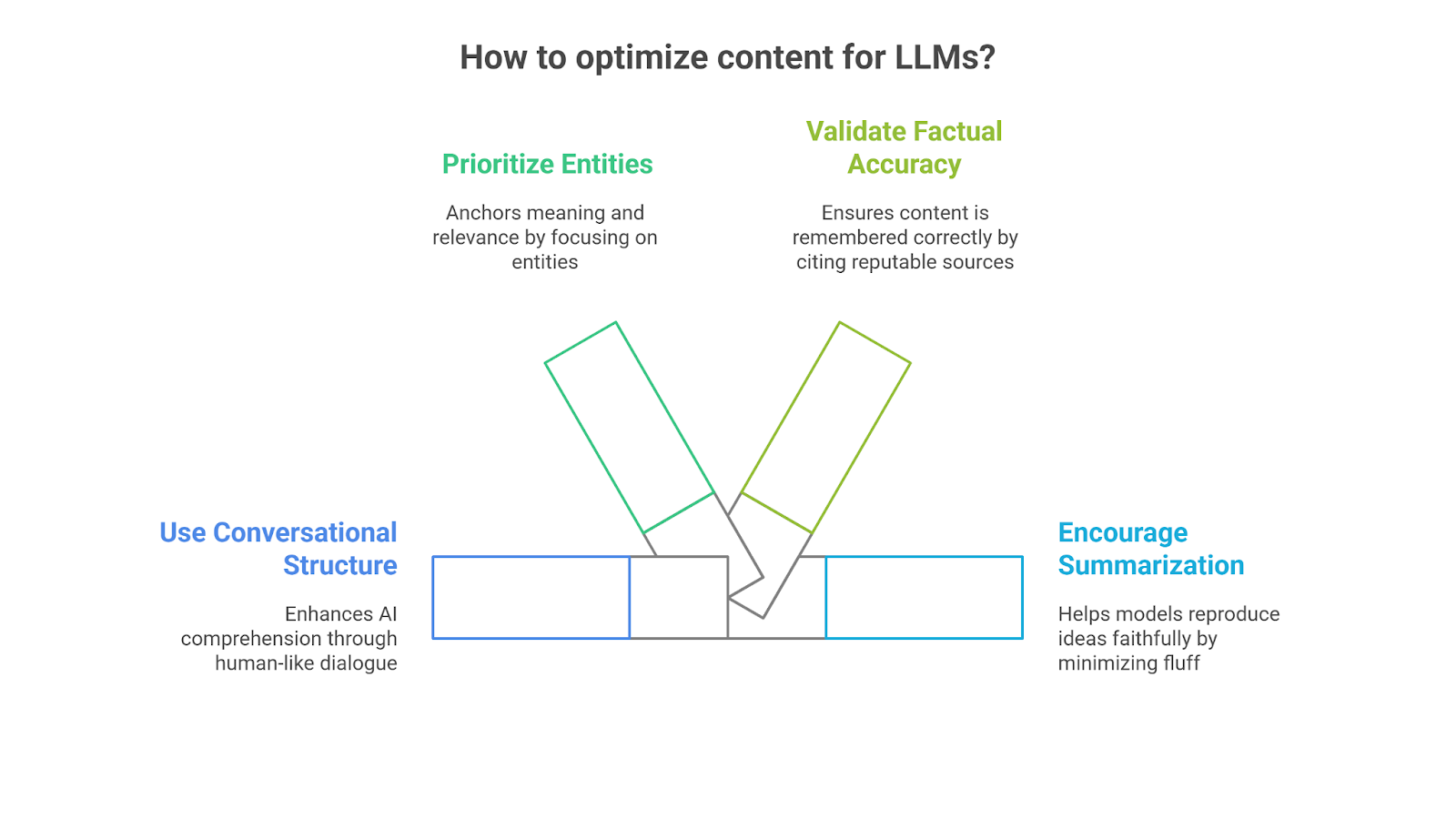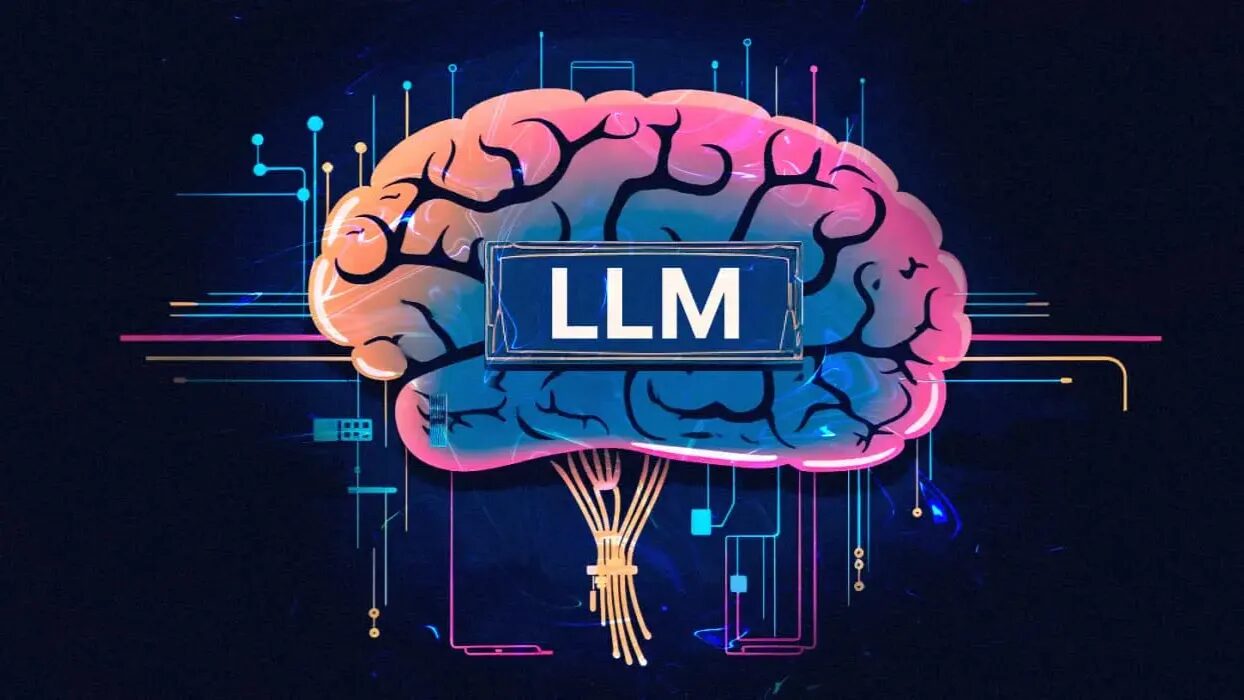Marketers are producing more content than ever, but now that content must be understood by machines just as much as by humans. As large language models (LLMs) like GPT, Claude, Gemini, and Perplexity influence how users find information, content visibility is being reshaped. The frontier isn’t keyword ranking anymore, it’s how well your content aligns with machine interpretation.
Wellows, an AI search visibility platform for agencies, helps teams understand how LLMs read, cite, and surface their content by unifying entity signals, citation data, and visibility patterns, ensuring clients stay present across the GenAI visibility stack.
What Is LLM Optimization?

LLM optimization means creating content that is accessible, accurate, and interpretable for large language models. Instead of relying only on traditional SEO signals, LLM optimization focuses on:
- Semantic clarity
- Factual consistency
- Entity recognition
- Likelihood of being cited in AI-generated answers
In simple terms, LLM optimization helps your content become a trusted source that AI systems can reuse and reference.
Why Traditional SEO Isn’t Enough Anymore
Search behavior has evolved. More users ask AI chat bots for answers rather than browsing long lists of links. Tools like ChatGPT browsing, Perplexity, and Bing Copilot deliver:
- Summaries
- Citations
- Condensed answers
Traditional SEO struggles here because:
- Keyword-heavy writing confuses LLMs
- Weak structure makes content less quotable
- Missing context results in incomplete AI responses
LLM-optimized content solves this by being clearer, deeply contextual, and entity-rich.
Benefits of LLM Optimization in Marketing
1. Greater AI Visibility
Content aligned with LLM behavior is more likely to appear in AI answers, even without clicks.
2. Stronger Topical Authority
Entity-driven content helps AI models understand relationships, improving credibility and authority.
3. A Future-Proof Strategy
As search merges with AI-driven results, LLM-optimized content performs better across both traditional and AI-first environments.
Key Strategies for Optimizing Content for LLMs

Use Conversational Structure
AI systems perform better with clear questions, direct answers, and structured sections.
Prioritize Entities Over Keywords
Entities, topics, brands, people, products, anchor meaning and improve retrieval.
Maintain Factual Accuracy
Models deprioritize content with outdated or ambiguous data.
Make Content Easy to Summarize
Clean structure, clear takeaways, and logic help AI reuse your content.
How Wellows Supports LLM Optimization
Wellows, an AI search visibility platform, strengthens how marketers appear inside AI-generated answers by unifying Top Cited Queries, citation data, sentiment patterns, and visibility insights into one workflow.
This helps teams:
- See which pages or topics surface in AI summaries
- Understand how LLMs interpret their entities
- Improve their Citation Score
- Strengthen performance across the GenAI visibility stack
- Identify visibility gaps before competitors do
Instead of guessing how AI models view their content, marketers get clarity and direction.
Challenges Marketers Should Expect
LLM optimization requires discipline:
- Frequent updates to stay aligned with evolving AI models
- Clearer writing to reduce ambiguity
- Balanced workflows, automation + human editorial input
However, the benefits, longer visibility lifespan, stronger brand recall, and AI-verified trust, outweigh the effort.
The Road Ahead: Marketing for Machines and Humans
Content consumption will continue shifting toward AI-sourced answers. The brands that win will be the ones whose content AI systems repeatedly surface, cite, and trust.
LLM optimization is no longer optional. It is now a core pillar of visibility. Platforms like Wellows give marketers the insight and structure they need to keep content discoverable across both search engines and AI-driven summaries.
Final Thoughts
If your content doesn’t appear in AI-generated answers, it risks becoming invisible.
With a strong LLM-optimized strategy and deeper understanding of AI visibility signals, marketers can build durable, machine-ready visibility.
The future of search, discovery, and authority is being shaped by AI, and marketers must teach those models what to say, cite, and trust.



































